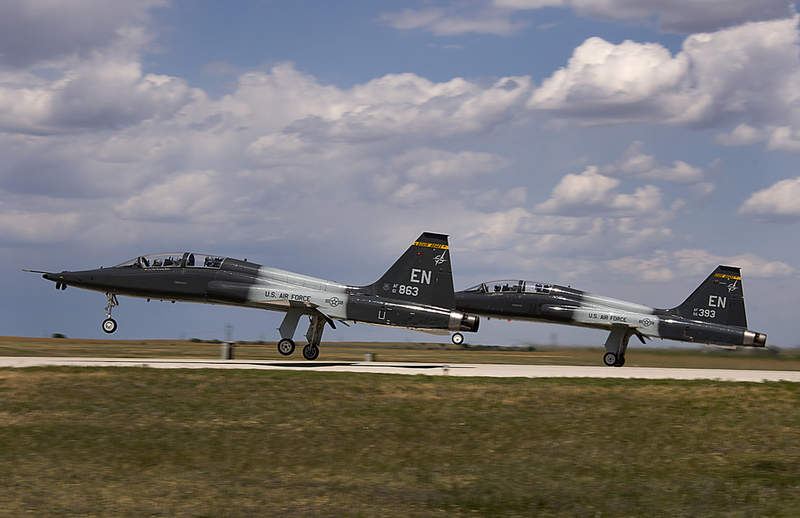
The US Air Force (USAF) has joined forces with Nato allies to address the issue of a shortage of pilots in the air force.
The issue was discussed during the 75th meeting of the Euro-Nato Joint Jet Pilot Training programme Steering Committee at the USAF’s Sheppard Air Force Base (AFB) in Texas.
How well do you really know your competitors?
Access the most comprehensive Company Profiles on the market, powered by GlobalData. Save hours of research. Gain competitive edge.

Thank you!
Your download email will arrive shortly
Not ready to buy yet? Download a free sample
We are confident about the unique quality of our Company Profiles. However, we want you to make the most beneficial decision for your business, so we offer a free sample that you can download by submitting the below form
By GlobalData80th Flying Training Wing commander colonel Andrea Themely said that the programme was designed to carry out a capacity study following the 74th Steering Committee meeting in September last year.
The availability of simulator and flight instructors is believed to be the one of the major reasons that is stopping the programme from increasing the number of student pilots it can handle at one time.
The air force has selected the new T-X trainer to replace the aging T-38 aircraft, which has been serving the USAF since the 1960s.
Themely further said that the new advanced pilot trainer will be first delivered to the USAF’s Joint Base San Antonio-Randolph air base in Texas.
Subsequently, the jets will be gradually delivered to other flying training bases, which include Columbus AFB, Mississippi; Laughlin AFB, Texas; Sheppard AFB; and Vance AFB, Oklahoma.
Themely said: “Almost 50% of the total USAF students that fly fighters come from Sheppard AFB.
“This is the only fighter training pipeline for our partners from Germany, Norway, the Netherlands and Denmark.
“To be able to have that stepping stone from our T-38 to the fifth-generation fighters – we have a huge capability gap right now. That T-X will bridge that gap and be able to give us all of the capabilities that we need to train our fifth-generation pilots.”
In addition, the USAF has adopted a few syllabus changes that have added more flexibility in pilot instructor training and deleted a formation simulator sortie in the T-6 track, in addition to a few other administrative changes.




